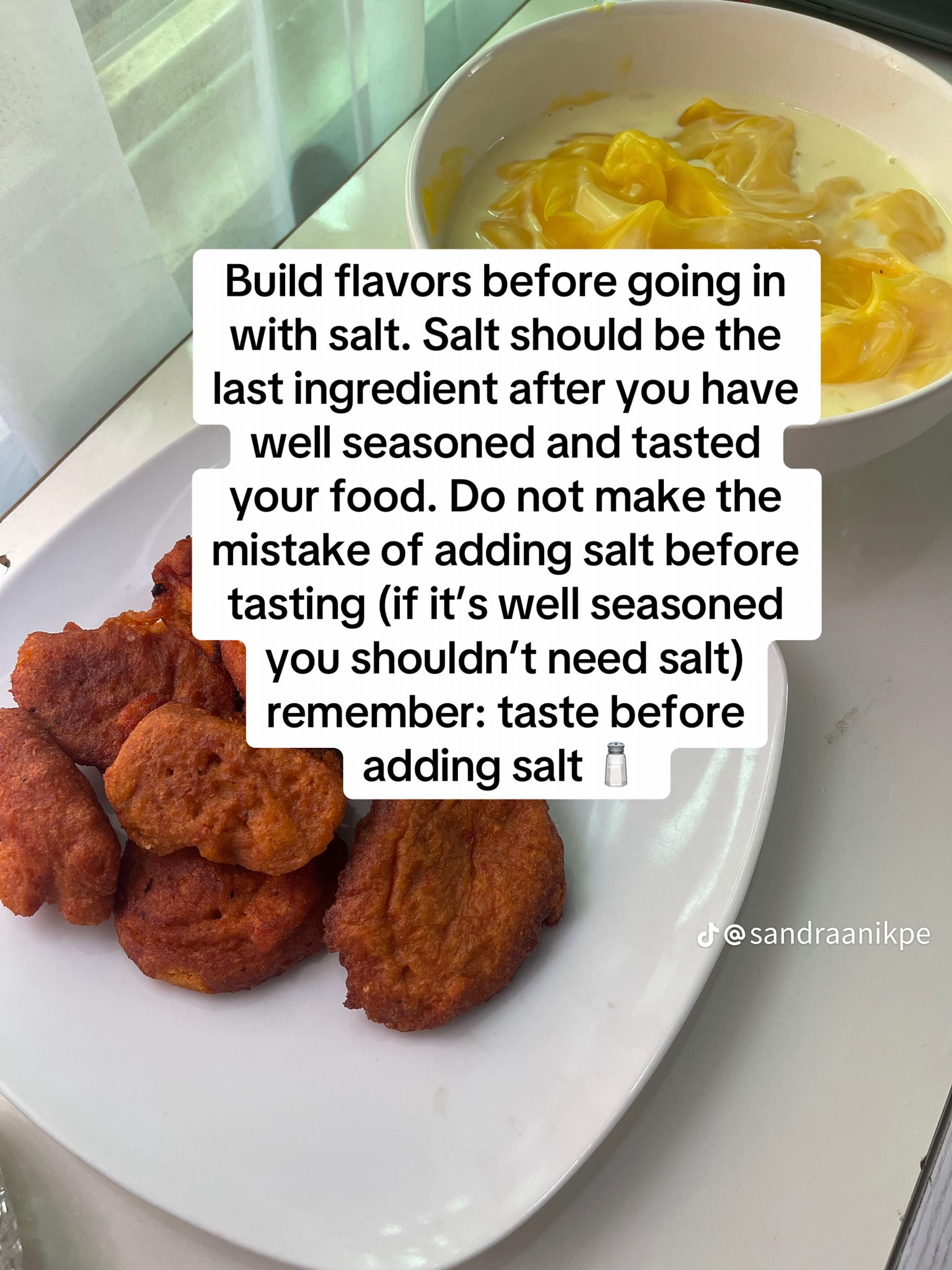The quality of your dish often hinges on the freshness of your ingredients. Opt for seasonal produce and visit local markets when possible. Freshly picked herbs and vegetables can significantly enhance the flavor profile of your meals.
3. Season as You Go
Don’t wait until the end to season your dish. Adding salt, herbs, and spices at different stages of cooking helps build depth in flavor. Taste your food regularly to adjust seasoning and ensure a balanced taste.
4. Invest in Good Knives
A sharp, high-quality knife is one of the most crucial tools in the kitchen. It not only makes prep work easier and safer but also improves precision when chopping. Regularly honing and properly storing your knives will extend their lifespan.
5. Master Temperature Control
Temperature plays a vital role in cooking. Whether you’re sautéing, boiling, or baking, knowing the appropriate heat levels can prevent burning or undercooking your food. Use a thermometer for meats to ensure perfect doneness.
6. Learn Basic Cooking Techniques
Understanding fundamental techniques like sautéing, braising, and roasting forms the foundation of good cooking. Master these methods, and you’ll find it easier to adapt recipes and create your own dishes.
7. Embrace Leftovers
Don’t let leftovers go to waste. Get creative by transforming them into new meals, such as soups, salads, or stir-fries. Proper storage and reheating techniques can keep your food safe and delicious.
With these cooking tips, you can enhance both your skills and your enjoyment in the kitchen. Experiment, stay curious, and watch your cooking evolve into an extraordinary experience.

